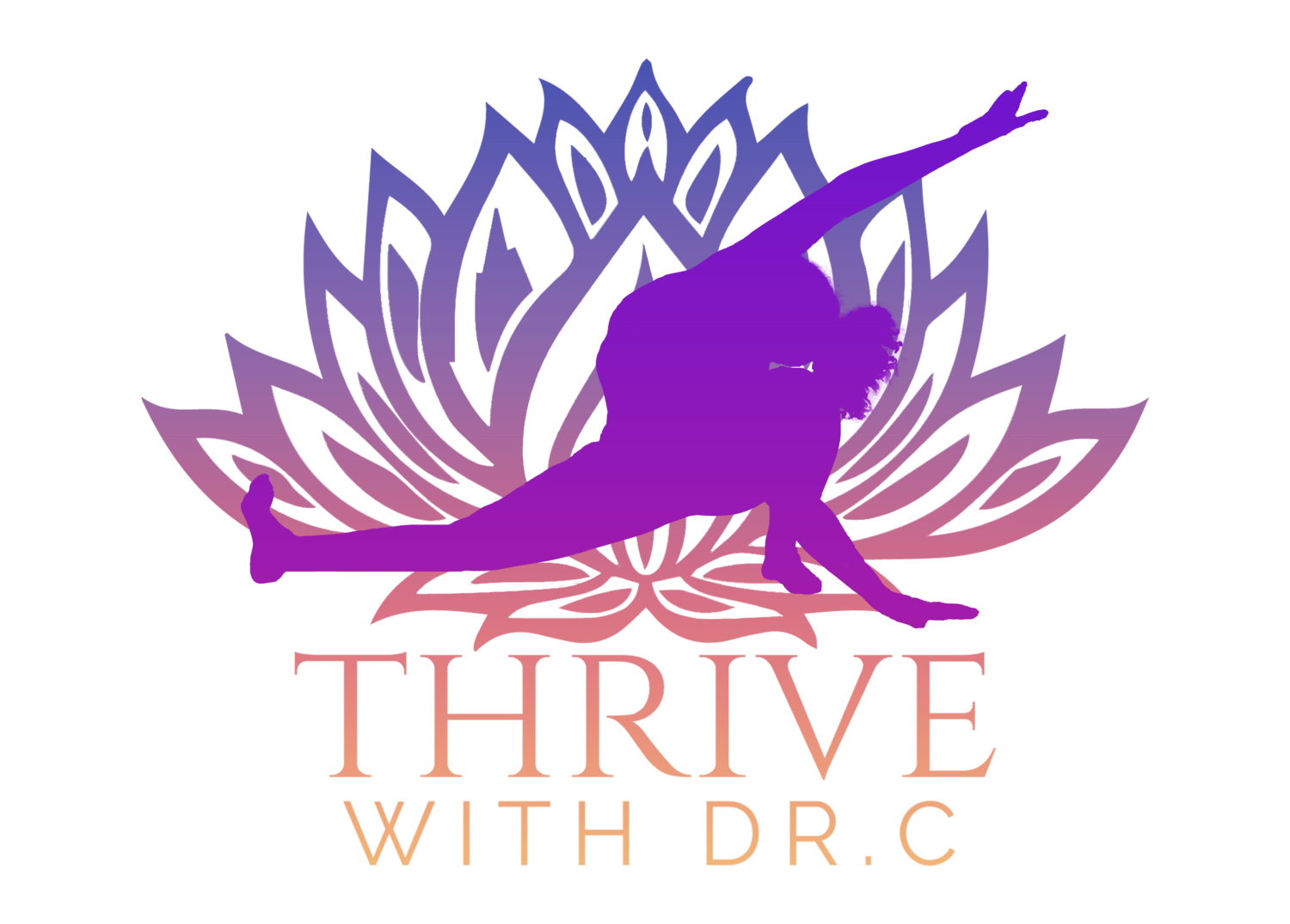Post-Exercise Nutrition: Fuel Your Recovery
Proper nutrition after a workout or physical therapy (PT) session is crucial for muscle repair, energy replenishment, and overall recovery. Understanding the importance of post-exercise nutrition can help you maximize your efforts and achieve your fitness and rehabilitation goals.
Why Post-Exercise Nutrition Matters
After a workout or therapy session, your body needs:
Muscle Repair: Protein helps repair and rebuild muscle fibers. Exercise causes microscopic tears in muscle tissues, and protein provides the amino acids necessary for mending and strengthening these fibers.
Energy Replenishment: Carbohydrates are essential for replenishing glycogen stores depleted during exercise. Glycogen is the primary fuel source for muscle activity, and restoring these stores ensures that you have energy for your next workout or therapy session.
Reduced Inflammation: Certain nutrients help reduce inflammation and soreness. Antioxidants and anti-inflammatory foods can mitigate the oxidative stress caused by intense physical activity, aiding quicker recovery.
What to Eat After Exercise
1. Protein:
Aim for 15-25 grams within 30-60 minutes post-exercise. This time frame is often referred to as the "anabolic window," where nutrient absorption is maximized.
Sources: lean meats, dairy, beans, lentils, tofu, and protein shakes. Animal-based proteins are complete proteins, meaning they contain all essential amino acids, but plant-based options can be combined to achieve the same effect.
2. Carbohydrates:
Pair with protein to replenish glycogen stores. Carbs and protein together can enhance muscle protein synthesis and improve glycogen restoration.
Sources: whole grains, fruits, vegetables, and starchy foods like sweet potatoes or rice. Opt for complex carbohydrates for a sustained release of energy.
3. Hydration:
Drink plenty of water before, during, and after exercise. Hydration supports metabolic functions and helps transport nutrients to cells. Consider electrolyte-rich drinks if your workout or therapy session was particularly intense or long-lasting.
Quick and Easy Post-Exercise Snacks
Greek Yogurt with Berries: High in protein and antioxidants. Greek yogurt offers twice the protein of regular yogurt, and berries add vitamins and fiber.
Turkey and Avocado Wrap: Lean protein and healthy fats. Avocado provides monounsaturated fats that support heart health and help with nutrient absorption.
Protein Smoothie: Blend protein powder with a banana, spinach, and almond milk. This combo provides protein, carbs, vitamins, and minerals, plus a hydration boost.
Hummus and Whole Grain Crackers: A great combination of protein and carbs. Hummus, made from chickpeas, offers fiber and plant-based protein, while whole grain crackers add complex carbohydrates.
Tailoring Your Nutrition
Consider these factors when planning your post-exercise nutrition:
Exercise Intensity and Duration: More intense or longer sessions may require more nutrients. For example, endurance athletes or those involved in strenuous PT might need higher carbohydrate intake to fully replenish glycogen stores.
Personal Goals: Adjust your intake based on whether you’re focusing on muscle gain, weight loss, or overall health. For muscle gain, a higher protein intake is beneficial, while those aiming for weight loss might prioritize lean proteins and vegetables.
Dietary Preferences and Restrictions: Choose foods that fit your lifestyle and dietary needs. Whether you follow a vegetarian, vegan, gluten-free, or another specific diet, there are plenty of nutritious post-exercise options available.
Consistency is key. Make a habit of refueling properly after each session to maximize your recovery and see the best results from your hard work. Remember, your post-exercise nutrition is as important as the exercise itself. By fueling your body correctly, you'll enhance your recovery, reduce soreness, and support your overall physical therapy and fitness journey.
Additionally, it's beneficial to keep track of how different foods and timings affect your recovery and performance. Consider maintaining a nutrition and exercise journal to monitor your progress and make informed adjustments to your diet as needed. By paying close attention to your body's signals and nutritional needs, you'll be better equipped to achieve your physical therapy goals and maintain long-term health and fitness.
